Currently, the country has 696 district-level units, and this administrative unit will no longer exist. The current 10,035 commune-level administrative units will be reduced by 60-70% in the coming time.
The 7th conference of full-time National Assembly deputies of the 15th tenure opened this morning to discuss a number of contents to be submitted to the National Assembly at the 9th session.
In his opening speech, National Assembly Chairman Tran Thanh Man said that delegates will discuss and give opinions on eight bills that were first commented on by the National Assembly at the 8th session and one bill submitted to the National Assembly for consideration and approval according to the procedure at one session.
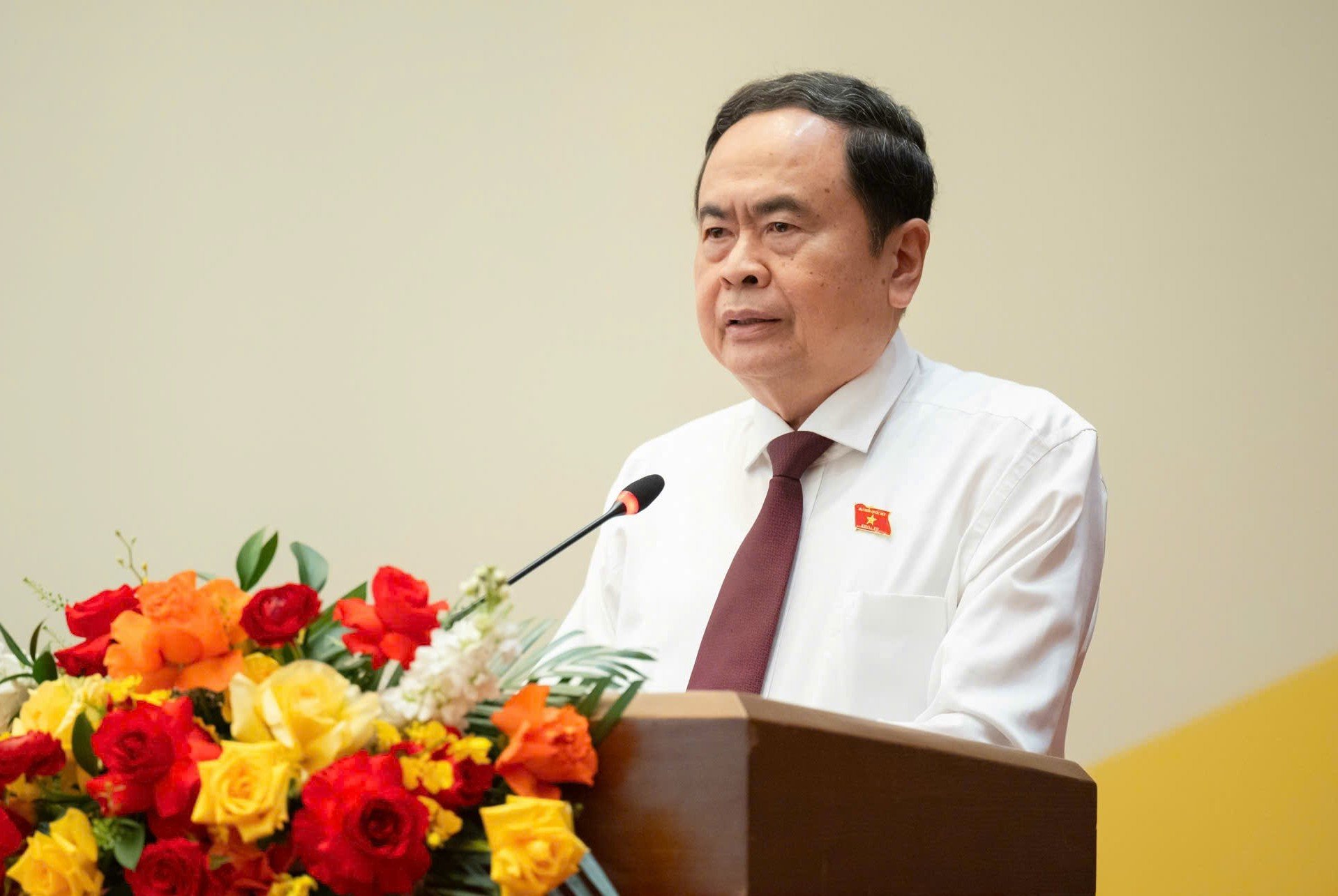
The National Assembly Chairman stated that the conference took place in the context that the entire political system is urgently implementing tasks to continue restructuring the apparatus.
According to Mr. Man, in phase 1, ministries, branches, agencies of the National Assembly, Party agencies, the Fatherland Front, socio-political organizations, and localities were arranged.
To prepare for phase 2, the National Assembly Chairman stated that he would consider amending the Constitution, amending a number of laws and arranging administrative units at the provincial and communal levels, not organizing at the district level.
He said that currently, the country has 63 provinces and cities, and there is a plan to merge some provinces and cities. As announced, about 50% of provincial and municipal administrative units will be reorganized.

"With district-level administrative units, if the Constitution is passed, there will be no more district level. Currently, the whole country has 696 district-level units. With commune-level units, there are about 10,035 commune-level units. The arrangement of commune-level administrative units will reduce by 60-70%, and the official number is not yet available," Mr. Man informed.
Organize to collect public opinions on amending the Constitution within 2-3 weeks
According to Mr. Man, the upcoming 9th session is expected to last nearly 2 months. There will be a 2-3 week break and during this time, public opinion will be collected on amending the Constitution.
During late April and May, the National Assembly Standing Committee will hold several meetings to arrange commune-level administrative units.
The draft laws discussed at this conference regulate many different areas, including very important laws that have a great impact on production and business activities and the business community.
These are the Law on Special Consumption Tax (amended); Law on Corporate Income Tax (amended; Law on amending and supplementing a number of articles of the Law on Product and Goods Quality); Law on Digital Technology Industry (promoting the development of the domestic information technology and digital technology industries).
The National Assembly Chairman asked delegates to discuss and carefully analyze new issues in the spirit of updating new instructions and policies of the Central Committee, Politburo, and Secretariat.
In particular, he noted that the law only regulates matters under the authority of the National Assembly, promoting decentralization, delegation of power, and preventing corruption and negativity.
"It is necessary to continue to thoroughly grasp and effectively implement the policy of innovating thinking in law-making, to quickly put the Party's policy into practice. Laws need to be concise, effective, efficient, and promote decentralization and delegation of power," he said.
The National Assembly Chairman said that the 9th session of the 15th National Assembly is expected to consider and pass 11 laws and give opinions on 16 new laws, while also supplementing the amendment of the Constitution and amending many related laws.
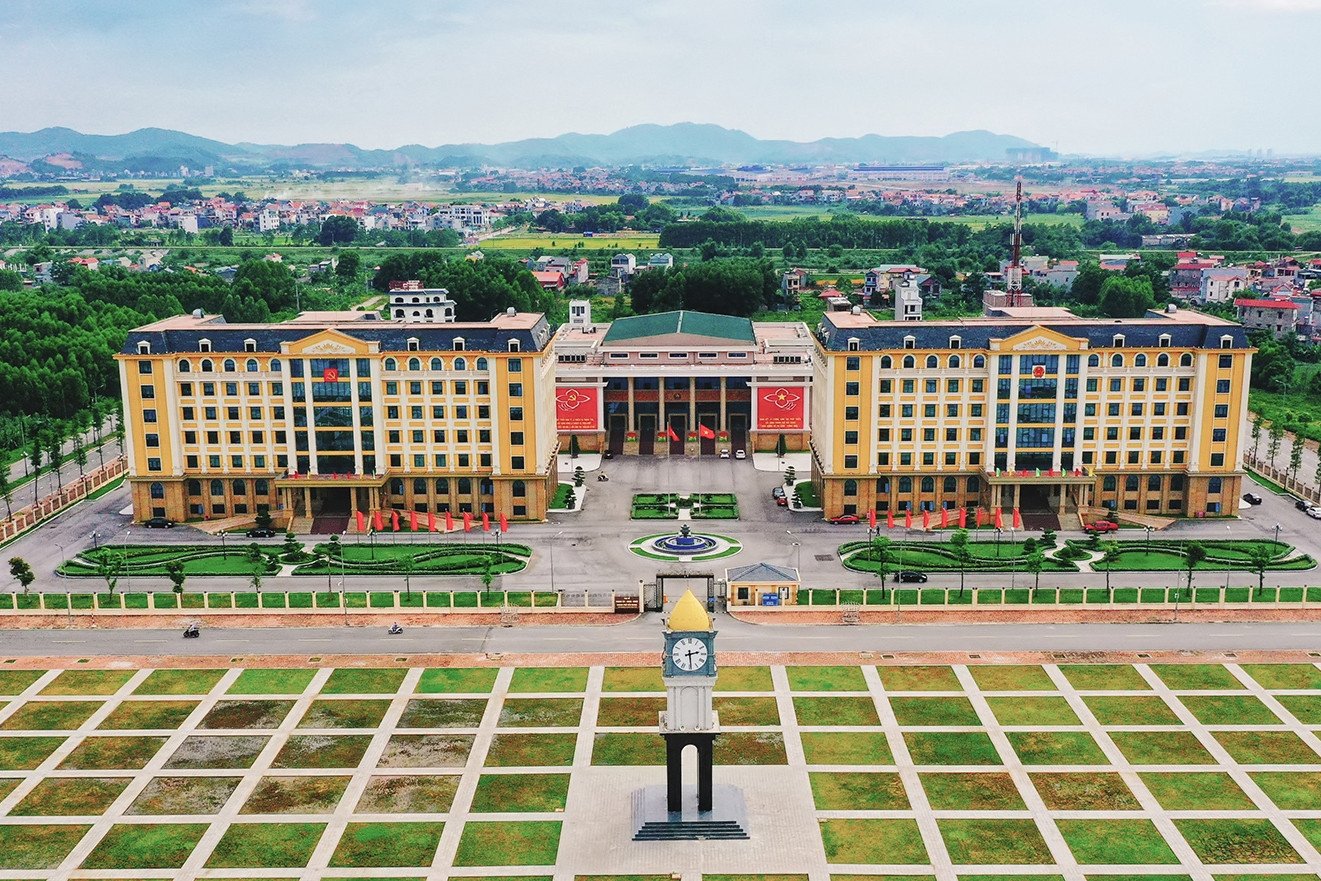
The shape of local government after merging provinces and communes, eliminating district level
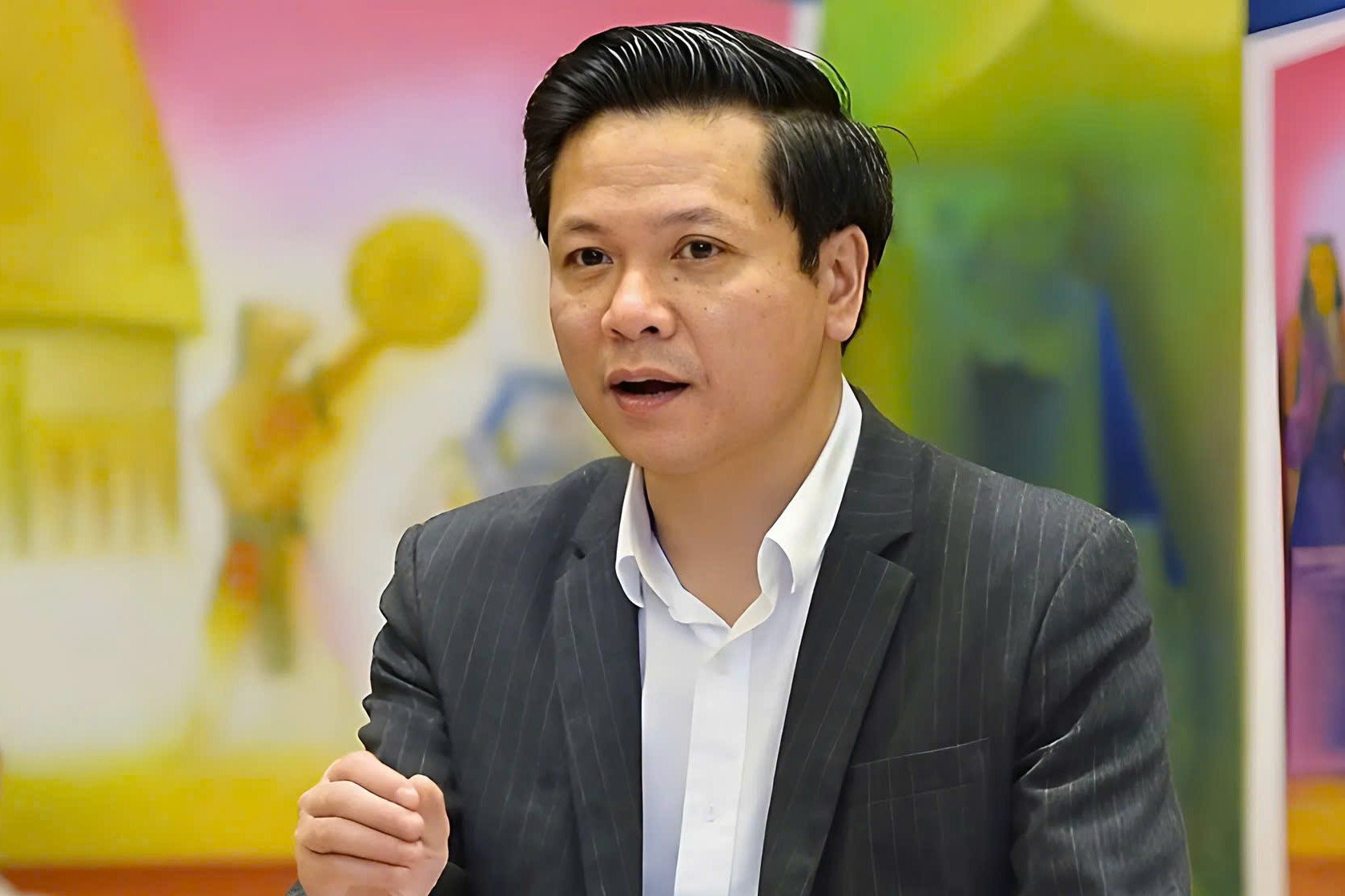
Ministry of Home Affairs: Still working on the project of merging provinces, eliminating district level, and rearranging communes according to the Conclusion of the Politburo
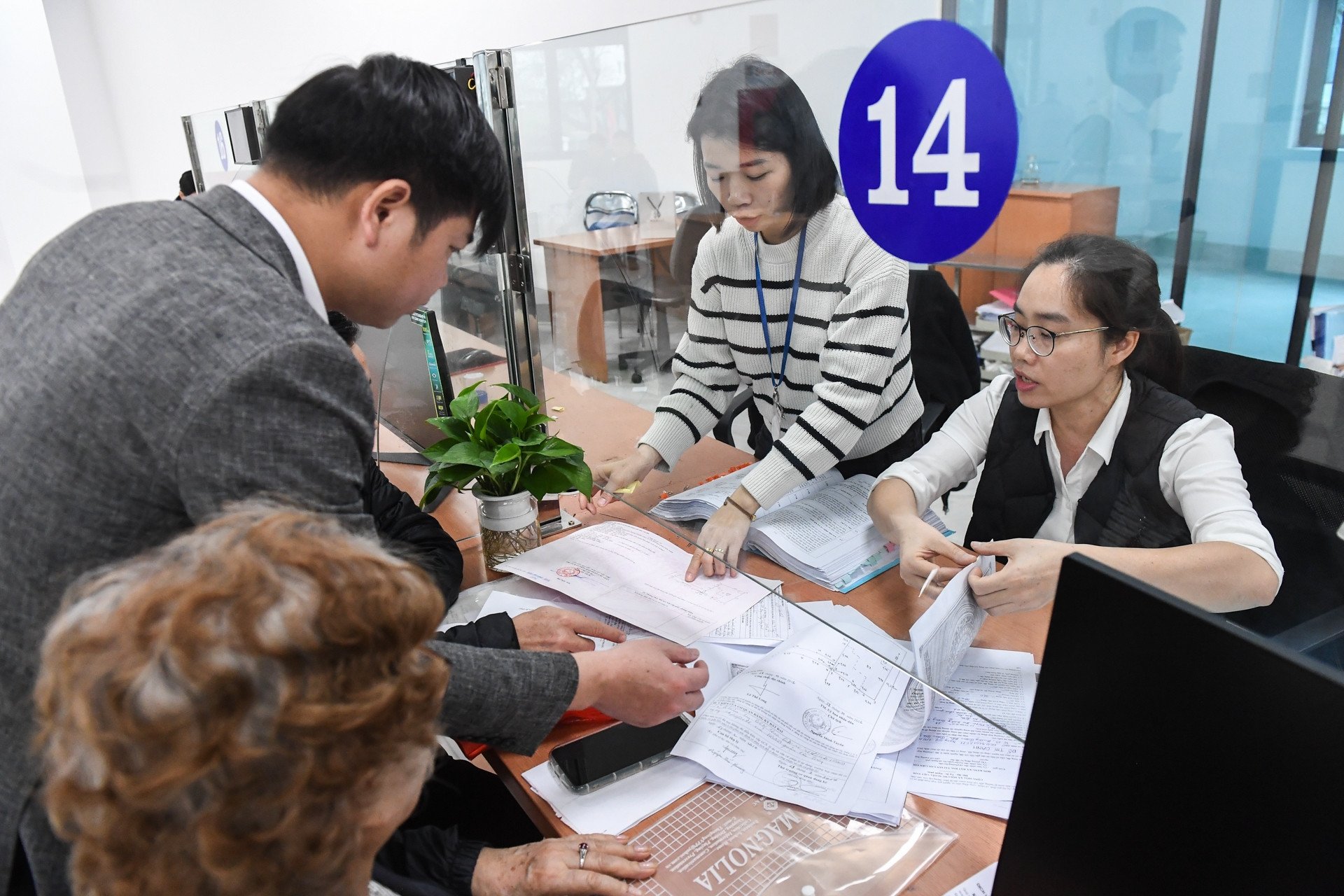
Abolishing district level: Commune-level officials must have qualifications and be treated appropriately.
Source: https://vietnamnet.vn/ca-nuoc-se-khong-con-696-huyen-giam-60-70-cap-xa-2384145.html


![[Photo] Readers line up to visit the photo exhibition and receive a special publication commemorating the 135th birthday of President Ho Chi Minh at Nhan Dan Newspaper](https://vphoto.vietnam.vn/thumb/1200x675/vietnam/resource/IMAGE/2025/5/17/85b3197fc6bd43e6a9ee4db15101005b)


![[Photo] Prime Minister Pham Minh Chinh chairs meeting on science and technology development](https://vphoto.vietnam.vn/thumb/1200x675/vietnam/resource/IMAGE/2025/5/17/ae80dd74c384439789b12013c738a045)

![[Photo] More than 17,000 candidates participate in the 2025 SPT Competency Assessment Test of Hanoi National University of Education](https://vphoto.vietnam.vn/thumb/1200x675/vietnam/resource/IMAGE/2025/5/17/e538d9a1636c407cbb211b314e6303fd)







![[Photo] National Assembly Chairman successfully concludes official visit to Uzbekistan](https://vphoto.vietnam.vn/thumb/402x226/vietnam/resource/IMAGE/2025/4/9/8a520935176a424b87ce28aedcab6ee9)




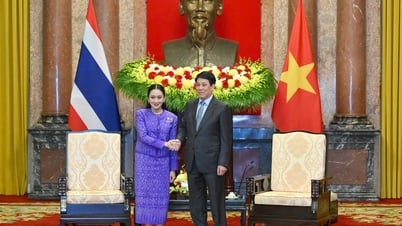

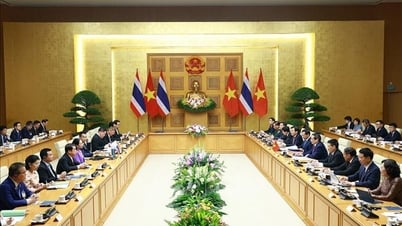
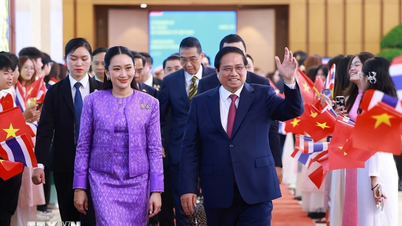
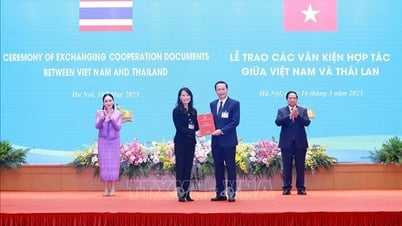










![[Photo] Nearly 3,000 students moved by stories about soldiers](https://vphoto.vietnam.vn/thumb/1200x675/vietnam/resource/IMAGE/2025/5/17/21da57c8241e42438b423eaa37215e0e)



































































Comment (0)